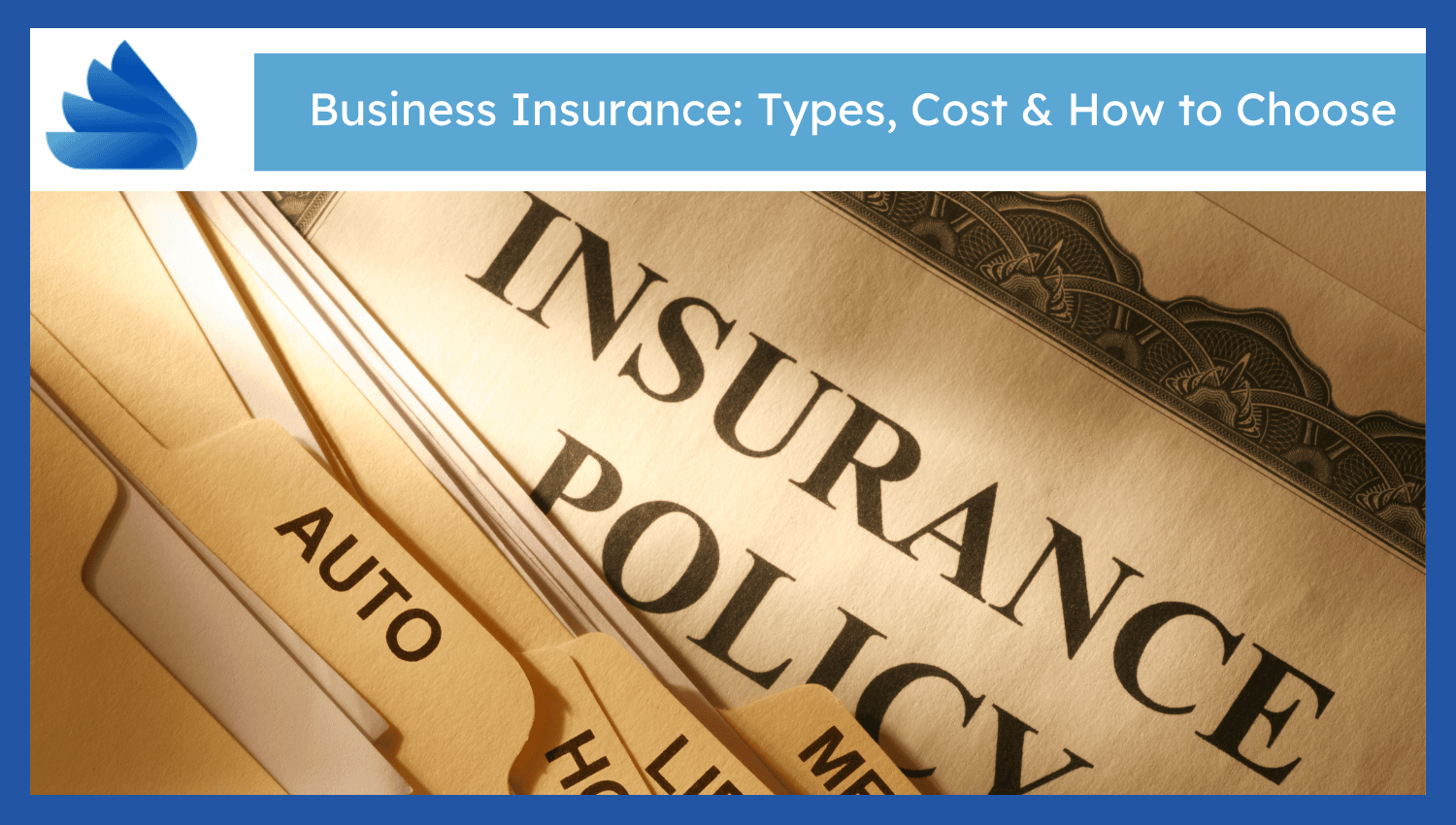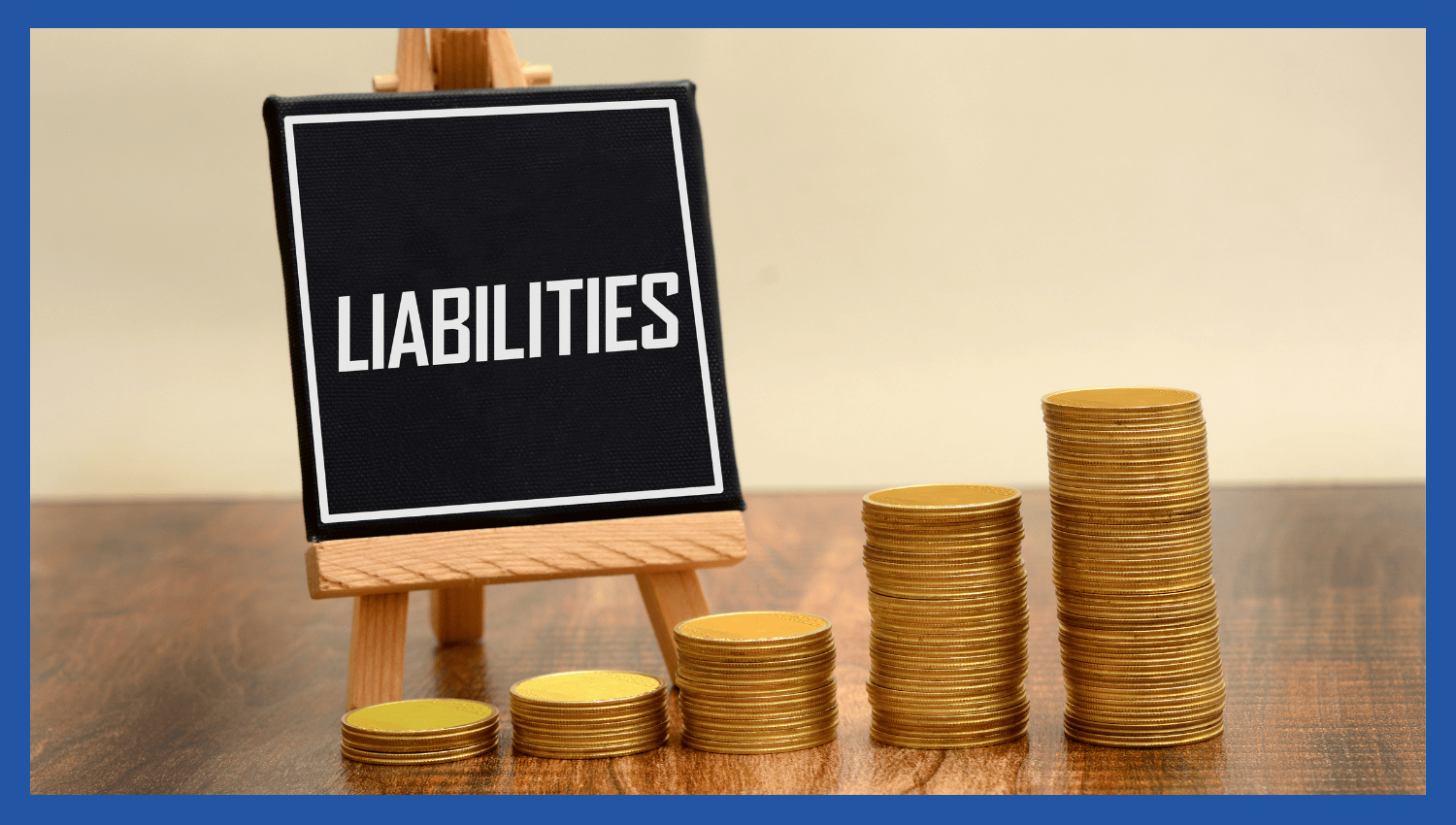
Business Insurance: Types, Cost & How to Choose
Business insurance provides compensation for losses in the event of unforeseen events such as lawsuits, accidental or natural occurrences among others. It addresses legal expenses, repairs and lost revenue. Customer or employee lawsuits cost thousands of dollars. Floods and fires halt operations. In most states, businesses that have employees must carry workers’ compensation. Commercial loans require insurance to approve loans. Insurance conserves assets, provides legal insurance and business continuity. It limits the financial risk and maintains operations during unexpected events.
What are the Types of Business Insurance?
Here are the types of business insurance:- General Liability Insurance
- Professional Liability Insurance
- Commercial Property Insurance
- Workers’ Compensation
- Business Interruption Insurance
- Cyber Liability Insurance
- Commercial Auto Insurance
- Product Liability Insurance
General Liability Insurance
A general liability insurance protects businesses against third-party claims. It includes bodily and property damage as well as personal injury. It provides Legal expenses, healthcare costs and settlements. Claims arise from accidents on business property or during operations.Professional Liability Insurance
Professional liability insurance minimizes negligence claims against a company. It addresses inaccuracies or failure to deliver services. The policy covers the legal costs and settlements when clients suffer a financial loss because of errors or failed obligations. This insurance is appropriate for consultants, lawyers, and health practitioners.Commercial Property Insurance
Commercial property insurance compensates the destruction of buildings, equipment, stock, and furniture due to fire, robbery, or disaster. It compensates for damages or loss of property and loss recovery to keep the business going even after damage.Workers’ Compensation Insurance
Workers' Compensation insurance provides cash benefits to employees involved in accidents in the workplace. It covers businesses against lawsuits related to work-related injuries and is also legally necessary in most areas to do business with workers.Business Interruption Insurance
Business interruption insurance replaces the lost income when a business is halted by fire, storms, or any other disaster. It covers recurring expenses such as rent and salaries, keeps businesses with cash flow, and helps them recover during downtimes.Cyber Liability Insurance
Cyber liability insurance covers the financial losses of a business that result from data breaches, cyberattacks, and hacking. It includes legal costs, customer notification, data recovery, and business interruption costs. It assists companies in reacting to cyber attacks and minimizes reputational and financial loss.Commercial Auto Insurance
Commercial auto insurance is the coverage of vehicles used for business purposes. It covers accident, theft, or damage expenses. The policy covers repairs, medical expenses, and liability claims, and eliminates financial losses to the company vehicles.Product Liability Insurance
Product liability insurance covers businesses against claims made due to bodily injuries or property damage. It addresses legal expenses, settlements, and medical expenses whenever products injure or do not pass safety tests. This insurance protects retailers, distributors, and manufacturers.How to Choose the Right Business Insurance?
Business insurance owners can:- Assess business size, industry, and risk level
- Compare policies and providers
- Look at policy exclusions and premium structures


